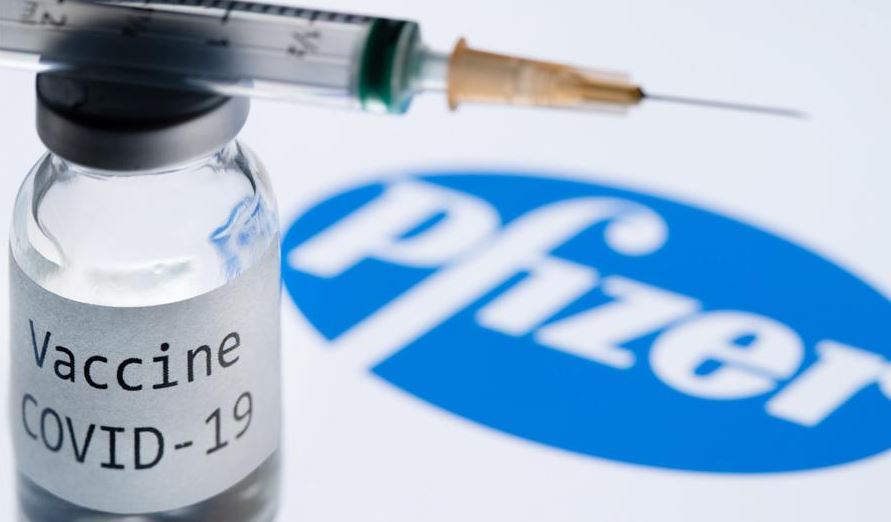FDA May Grant Full Approval For Pfizer Jab As Early As September
 By Tyler Durden
By Tyler Durden
The Food and Drug Administration (FDA) may grant full approval for Pfizer’s Covid-19 vaccination as early as September or October, according to the Wall Street Journal, citing FDA advisers and former officials familiar with the process.
The rush for full approval – as opposed to the current emergency use authorization – comes as many schools, hospitals, and employers have used full approval as a benchmark for moving forward with mandatory vaccinations.
“We’d like to see it approved as fast as humanly possible, so we can really go back to just the more normal experience,” said Jim Malatras, chancellor of the State University of New York system, who currently cannot impose a vaccine mandate for some 400,000 students served under the system. At present, the school requires either vaccines or weekly testing.
Three vaccines—from Pfizer Inc. and partner BioNTech SE, Moderna Inc., and Johnson & Johnson —are authorized for emergency use in the U.S. Pfizer and Moderna have filed initial paperwork for full approval. However, only Pfizer has submitted all the necessary information to the FDA, according to the companies, and analysts expect it will be the first to get the green light. Moderna says it is still completing rolling data submissions, and Johnson & Johnson says it plans to file for full approval later this year. –Wall Street Journal
The FDA is taking an “all-hands-on-deck” approach to review Pfizer’s application for full approval “as rapidly as possible in keeping with the high-quality complete assessment that the public expects from the FDA.”
As the Journal notes, full approval will ease restrictions on distribution and advertising and will allow more states, schools, and employers to force people to take the jab, according to attorneys and current/former FDA officials. Once full approval is granted, the vaccine would be eligible for prescriptions as booster doses by physicians.
According to a June Kaiser Family Foundation survey, over 30% of unvaccinated Americans would be more likely to get it if the FDA grants full approval.
“The vast difference in vaccination rates across the country tell a story about what the perceptions are about risk across the country,” said Harvard University associate professor Joseph Allen, head of the university’s Healthy Buildings program. “If you’re a company operating in all 50 states and even internationally, it’s hard for them to move on the vaccine mandate and having a full FDA approval and authorization would make that easier.”
Take Control of Your Family’s Health — Immune System Support Kit (Ad)
Pfizer says it initiated a rolling submission process in May, while Moderna did the same in June – allowing them to submit finished sections of their applications without having to wait for full completion.
“It’s like if you said not all the Christmas presents are under the tree, but you can start unwrapping them,” said former FDA chief scientist, Dr. Jesse Goodman.
Once a company completes its submission, the FDA has 60 days to decide whether to grant a priority review. Then, under the 1992 Prescription Drug User Fee Act, the FDA must take action on an application within six months of its submission, compared with 10 months under standard review.
The agency earlier this month granted Pfizer priority review, and Moderna has said it would request one. AstraZeneca PLC said it would apply for full approval of its vaccine, which isn’t yet authorized for emergency use in the U.S., by the end of 2021. The U.S. has an oversupply of other vaccines, but the company says its vaccine can still play a role.
That said, some public health experts suggest that full approval might not do much to boost vaccination numbers due to the appearance of a rushed and politicized process.
“This sounds like an easy fix, but I think we need to understand it isn’t,” said University of Michigan epidemiology professor, Arnold Monto. “If they moved more rapidly in a complicated situation, I am afraid some people would say, ‘Why did they do it so fast? Did they really scrutinize all of the data they were supposed to?’”








